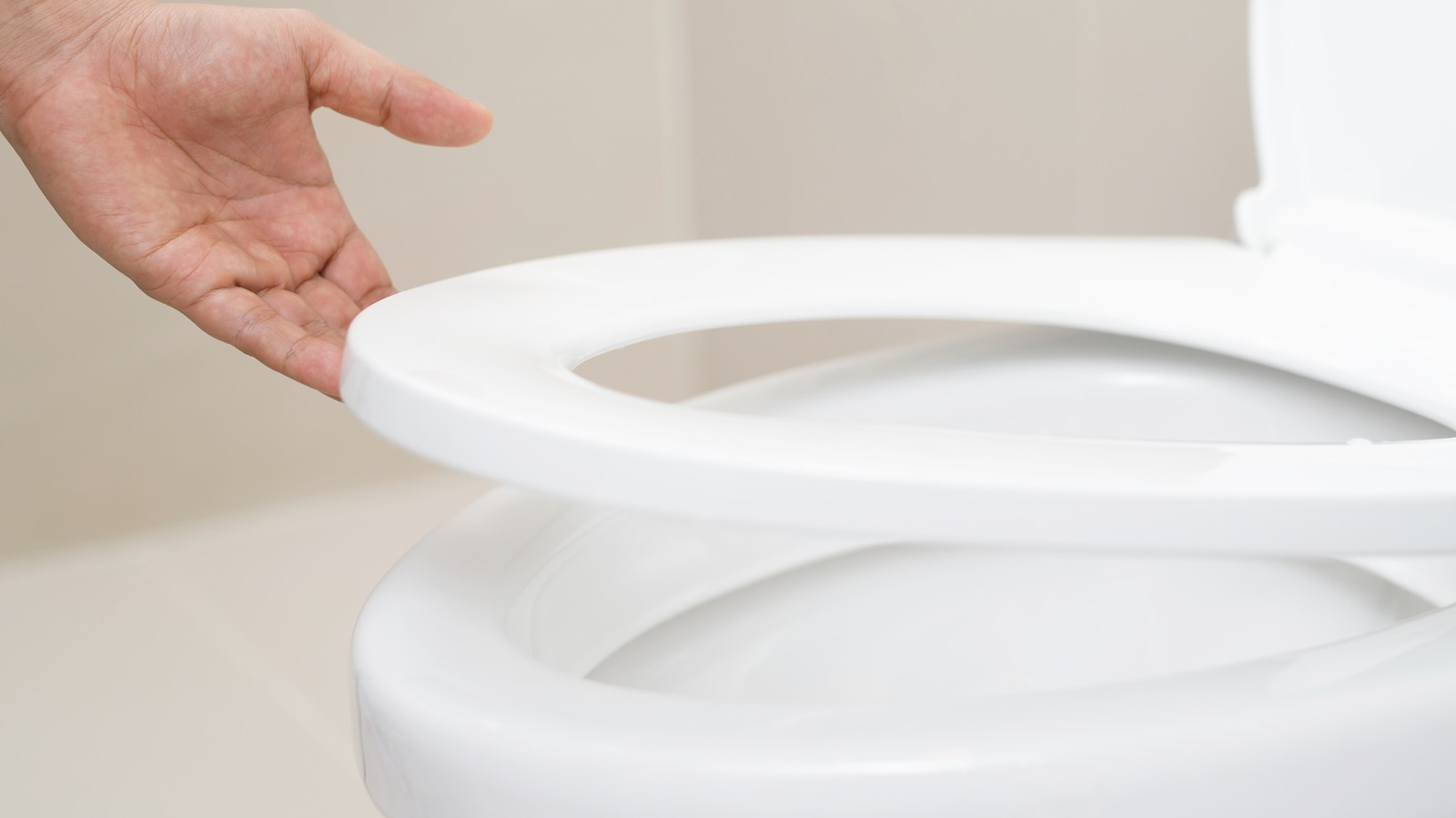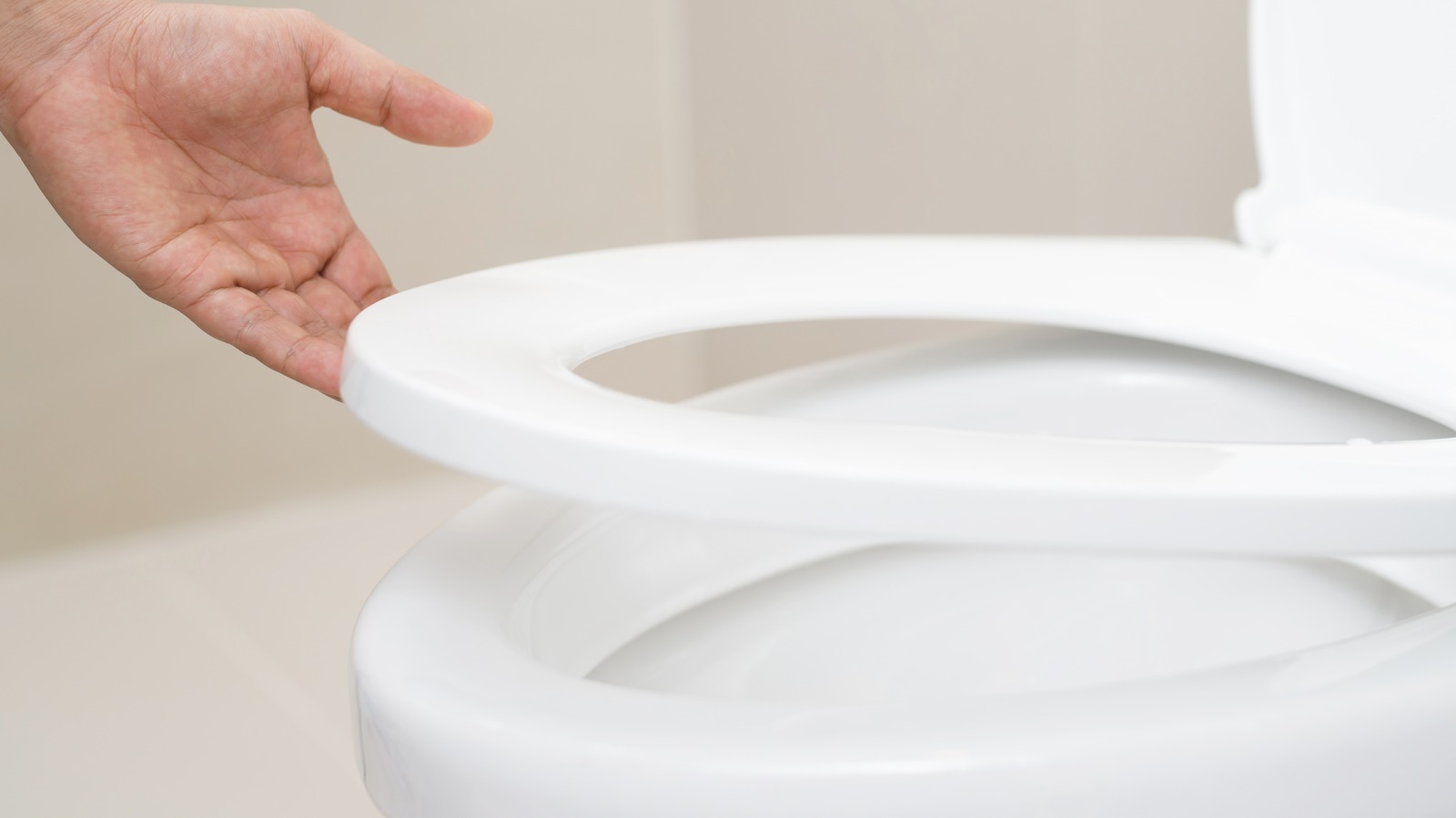
Avoid This Common Poop Mistake If You Don’t Want Hemorrhoids – Health Digest

Researchers from a 2012 scientific review published in the World Journal of Gastroenterology explain how straining for long periods of time during a bowel movement boosts abdominal pressure. This added pressure placed on the body’s rectal veins can restrict blood flow back to the heart, causing the veins to swell. Sometimes alternatively referred to as hemorrhoidal disease, a 2021 research article published in Frontiers in Surgery outlines how previous studies have found a link between straining while pooping and increases in hemorrhoidal disease prevalence rates. Other risk factors identified included constipation and having hard, lumpy stool at least one-quarter of the time.
For some, the discomfort of hemorrhoidal disease may be relatively mild, while for others it may be more severe, such as in cases of prolapse, where internal hemorrhoids painfully bulge out of the anus. In some cases, this may only occur when straining, after which time the veins will retract into the anal canal. In other instances, hemorrhoids may need to be physically pushed back inside of the body — however this is not always possible. To learn more, here’s when you should be concerned about hemorrhoids.


